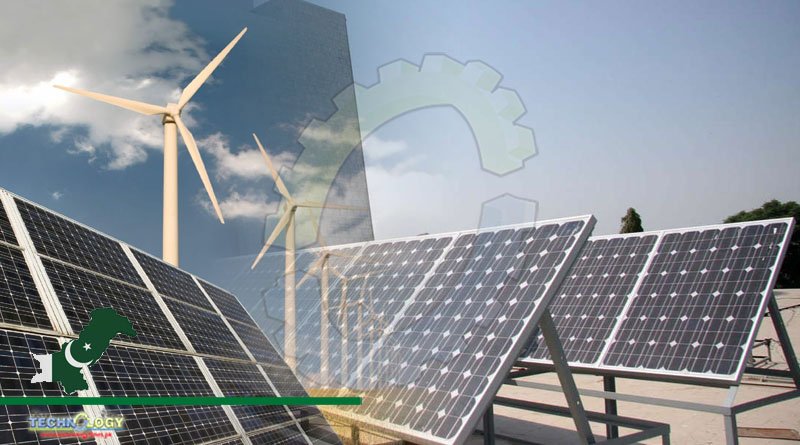Cooperation between China & Pakistan on energy grid modernization and renewable energy technology is providing Pakistan with environmentally friendly options for long-term growth.

Pakistan is a developing nation that must quickly address issues with energy supply and cost in order to achieve stable development. Pakistan faces a number of challenges in this regard. Cooperation between China and Pakistan on energy grid modernization and renewable energy technology is providing Pakistan with environmentally friendly options for long-term growth.
In a recent interview with Gwadar Pro, Dr. Hassan Duad Butt, Senior Advisor, Sustainable Development Policy Institute (SDPI), expressed the aforementioned opinions.
In a recent roundtable discussion on “Wheeling Reform for Offtake of Renewable Energy” options and challenges, he said that renewable energy sources like wind, solar, and hydropower give Pakistan’s industrial development a high-quality and affordable boost.
However, novel energy projects and initiatives are difficult, dangerous, and time-consuming.
He continued, “Initiatives like power wheeling are essential for industrial development, which is crucial for future employment opportunities and enabling industries for power access. “The introduction of a development system that is compatible with regional cultures and environments is necessary to address the headwinds in a coordinated and synergistic manner.”
The reduction of losses in electricity distribution and transmission has received little attention in Pakistan for a very long time, according to Ahad Nazir, Head of the Centre for Private Sector Engagement, SDPI.
China, which is partnered with Pakistan on the Matiari-Lahore HVDC project, has one of the best infrastructure systems in the entire world. Pakistan should eventually transition from being a technology user to a technology developer.
The revised RE policy of Pakistan aims to derive 60% of its energy from renewable sources, including hydro, by 2030. To achieve this, the government needs to adopt renewable energy storage technology and alternatives like hydrogen fuel and ethanol, which are less damaging than fossil fuels. Building towers and warehouses locally is also a good intervention to reduce import and logistics costs.
Government buildings will be solar-powered by April 2023, according to a plan the prime minister has already announced and for which incentives have been introduced. Ahad suggested that Chinese businesses form joint ventures with significant local organisations in Pakistan in order to entice them to invest in Pakistan’s renewable energy sector.
In light of its current crisis, Pakistan imports transportation fuel worth $ 3 billion, according to Dr. Khalid Waheed, Research Consultant, SDPI.